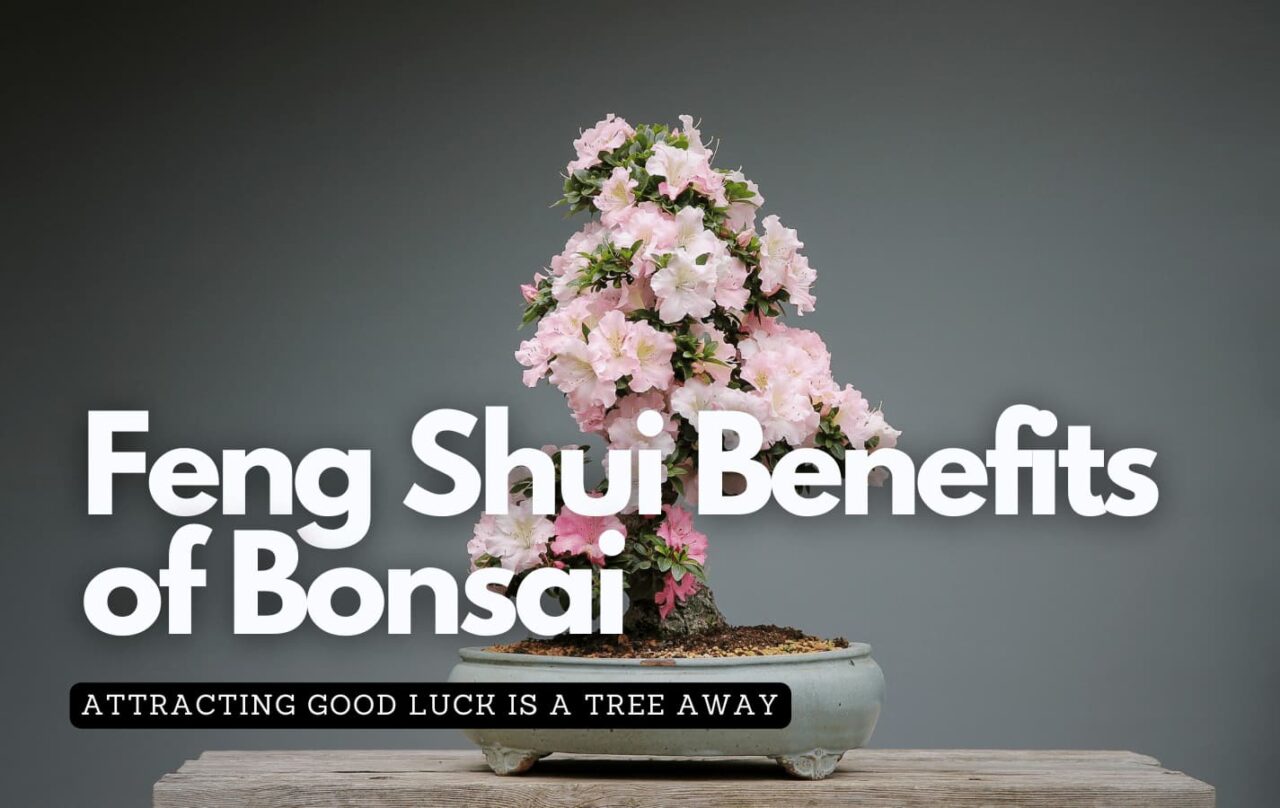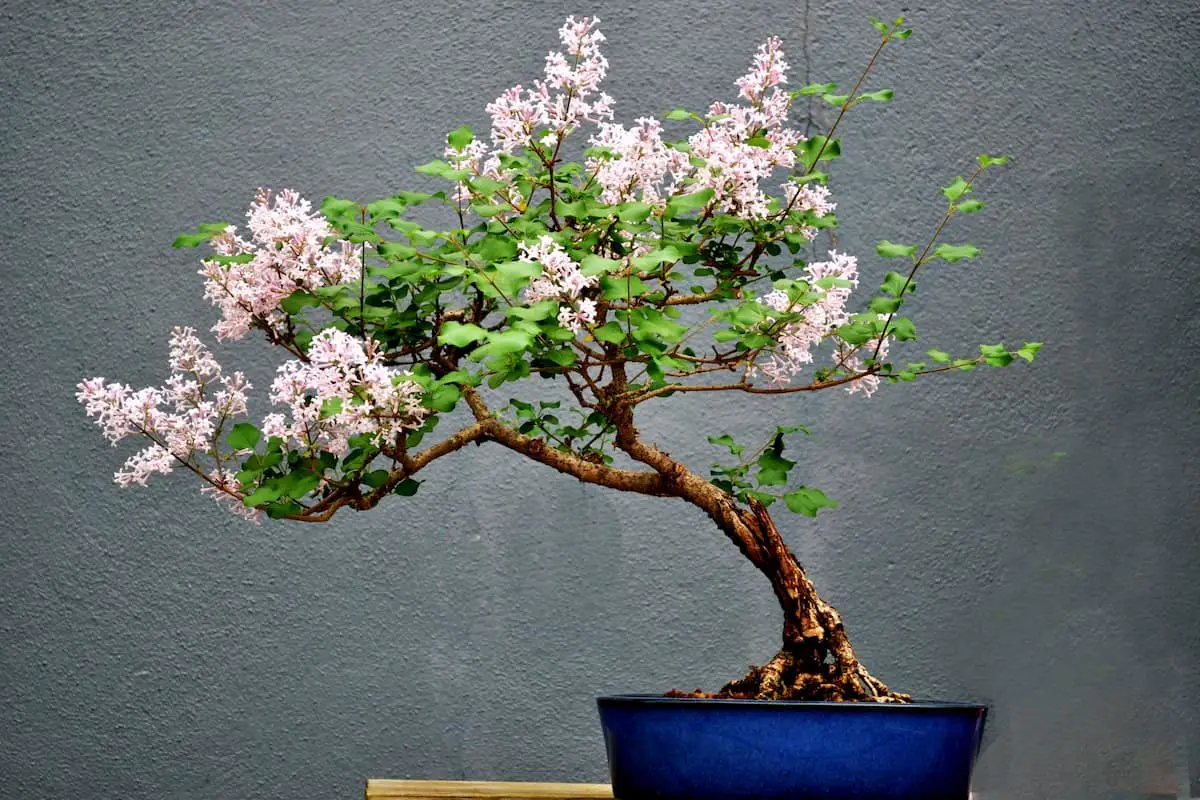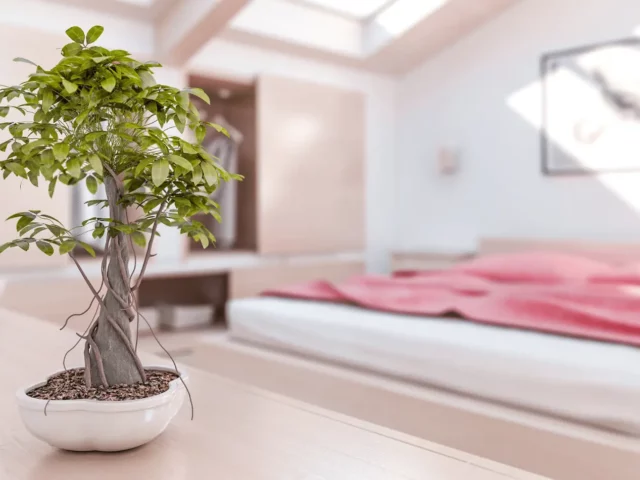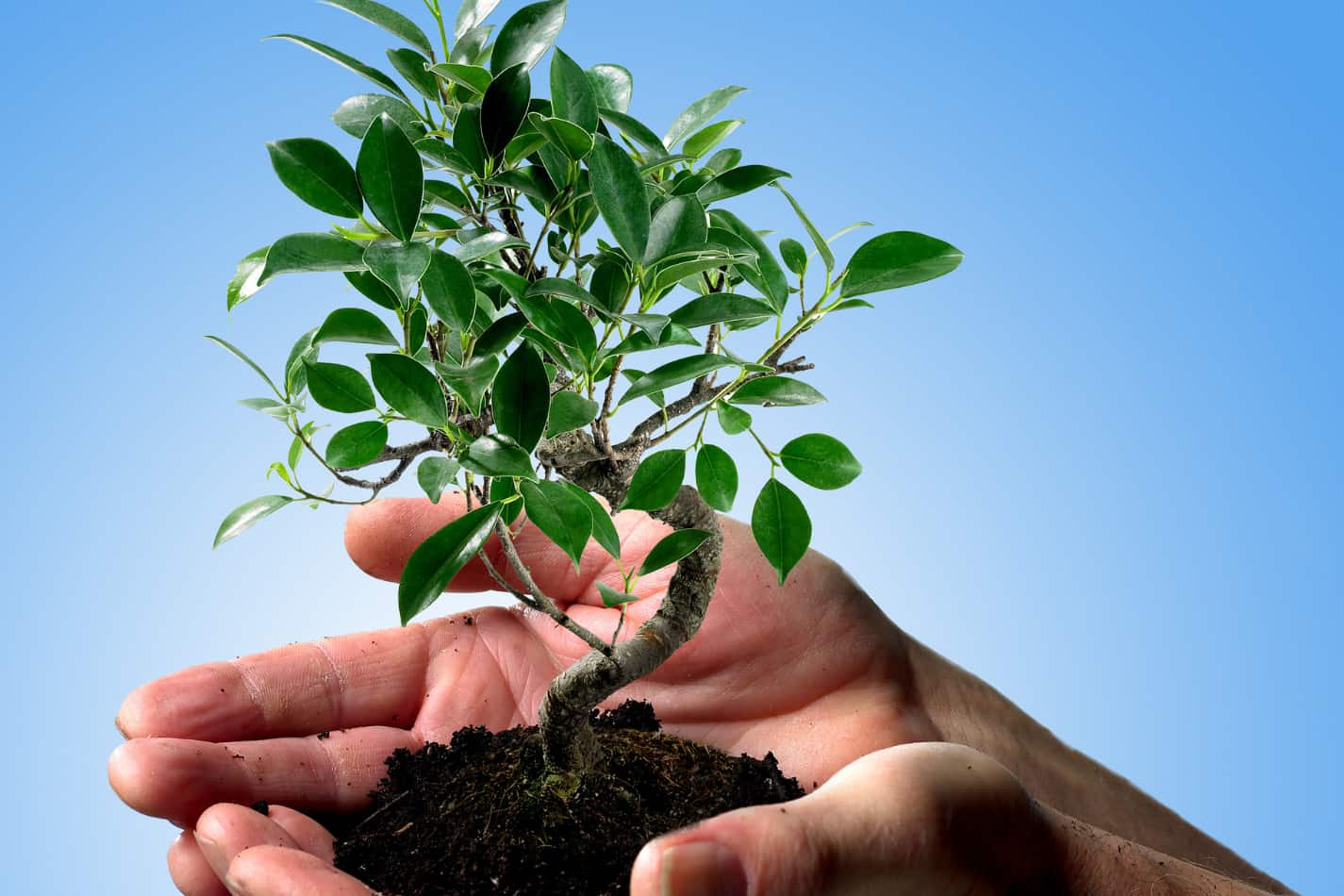As you stand at the crossroads of tradition and modernity, you may ponder whether the ancient art of Bonsai aligns with the principles of Feng Shui. It’s a nuanced debate, with some arguing that the miniaturized trees, symbols of patience and perseverance, might actually constrict your personal growth energy.
Yet, others see them as potent enhancers of the wood element, vital for harmony and prosperity in specific life areas. You’ll find that the truth isn’t as straightforward as it seems, inviting a more in-depth exploration of how these living sculptures influence the energy of your space.

Key Takeaways
- Bonsai trees align with Feng Shui principles, enhancing positive energy and balance in living spaces.
- Proper placement in East, South, or Southeast corners can attract wealth, health, and prosperity.
- Caring for bonsai fosters positive chi, contributing to a harmonious and tranquil environment.
- Despite myths, bonsai’s stunted growth does not hinder its ability to improve Feng Shui and promote good vibes.
Bonsai and Feng Shui Principles
Incorporating bonsai trees into your living space, guided by Feng Shui principles, can significantly enhance positive energy and promote a sense of tranquility. By adhering to these ancient guidelines, you’re not just adding a decorative element; you’re inviting balance and harmony into your domain.
The proper placement of a bonsai tree, recognizing its connection to the wood element, taps into areas of your life such as health and wealth. Positioning your bonsai in the East or Southeast corner of a room can spur positive effects, attracting wealth and fostering well-being.
Good Feng Shui isn’t about rigid rules; it’s about creating a flow of beneficial energy. Thus, a bonsai tree becomes more than a plant—it’s a tool for cultivating a vibrant, harmonious living space.
The Energy of Bonsai Trees
After exploring how bonsai trees align with Feng Shui principles to invite balance and harmony, let’s consider the specific energy these plants bring to your environment.
Bonsai trees are more than just aesthetically pleasing; they enhance the positive energy flow, crucial for Feng Shui. By softening sharp lines, they improve energy balance and transform spaces into zones of tranquility.
These miniature trees have the remarkable ability to absorb and eliminate negative energy, promoting an atmosphere of harmony. When you place bonsai trees thoughtfully, you contribute to a balanced and natural environment, echoing the Feng Shui emphasis on harmony between yin and yang.
Integrating bonsai into your space isn’t just about beauty; it’s about fostering a harmonious, prosperous living area.

Ideal Placement for Bonsai
Understanding the ideal placement for bonsai trees is crucial, as positioning them in the east, south, and southeast corners can significantly enhance your home’s Feng Shui, promoting health and prosperity.
By strategically placing your bonsai in these specific corners, you’re aligning with different Feng Shui elements, inviting an influx of positive energy, good luck, and a sense of balance into your space.
The east corner is traditionally associated with health and family, making it a perfect spot for your bonsai to foster a nurturing environment.
The south corner, linked to fame and recognition, can amplify a bonsai’s energy to bring prosperity.
Meanwhile, the southeast, the wealth corner, enhances the potential for financial growth.
Incorporating bonsai into these areas creates a harmonious atmosphere, contributing to a tranquil and prosperous living space.
Bonsai Care and Positive Chi
While finding the ideal placement for bonsai trees is a key step, it’s equally important to focus on their care and maintenance to ensure they continue to radiate positive chi in your space.
Properly tending to your bonsai not only aligns with the Feng Shui principles of harmony and balance but also elevates the auspiciousness of your environment. Positioning your bonsai in the east, south, or southeast corners can enhance this effect, promoting a flow of positive energy.
The meticulous art of shaping and styling bonsai trees mirrors the attention and intention essential to fostering positive chi. By integrating bonsai care into your Feng Shui practices, you invite tranquility, beauty, and a balanced energy into your home, creating a space where freedom and positivity flourish.
Common Myths Debunked
Many believe bonsai trees bring negative energy due to their stunted growth, but this myth overlooks their potential to enhance balance and beauty in your space.
The truth is, bonsai, as part of the wood element, can significantly contribute to the positive energy flow in your environment. Feng Shui isn’t just about growth; it’s about harmony and the careful placement of elements to foster good vibes.
When positioned thoughtfully, these miniature trees align with Feng Shui principles, particularly in the East and Southeast areas of your home, promoting prosperity and health.
Conclusion
In conclusion, integrating bonsai into your Feng Shui practice comes down to mindful placement and perception. These miniature trees can bring harmony and enhance the wood element in areas like the East and Southeast of your space.
However, it’s crucial to care for them properly to maintain positive chi flow. Debunking myths around their stunted growth, remember it’s the intention and energy you invest that shapes their impact.
Embrace bonsai for their beauty and the tranquility they offer, aligning with Feng Shui principles for a balanced, vibrant living environment.






